When Nobel Prize-winning economist Dr Abhijit Banerjee speaks about global poverty, the world listens. Known for transforming the way policymakers think about development, Banerjee has spent decades using data-driven experiments to tackle one of humanity’s greatest challenges — extreme poverty. His voice, measured yet urgent, carries the weight of a man who has seen progress firsthand and fears watching it slip away.
“It is an understatement to say that this is a rather critical moment for the world,” Banerjee began, speaking at a September 9 briefing organized by the American Community Media and the South Asian Literary Association. “We have seen a total repositioning of the US contributions to World Aid, but even more consequentially, the US is insisting that other Western countries also cut back on aid, and instead increase their defence budgets.”
This “repositioning” refers to the Trump administration’s sweeping cuts to the United States Agency for International Development (USAID), the primary arm of American foreign aid. Over the past seven months, funding has been slashed, some of which is still being challenged in court. But the real damage, Banerjee warned, is already rippling across the world — and it could be catastrophic.
Decades of gains at risk
Banerjee, the Ford Foundation International Professor of Economics at MIT, reminded his audience of what USAID has accomplished. Citing a study in The Lancet, he said, “USAID-supported efforts have helped to prevent more than 91 million deaths across all age groups, including 30 million deaths among children.” These programs, he emphasized, have cut maternal mortality, halved infant mortality, and raised education levels dramatically since the early 2000s.
But the new funding cuts threaten to undo these gains. According to Lancet projections, the loss of support combined with the potential dissolution of USAID “could lead to more than 14 million additional deaths by 2030, averaging more than 2.4 million deaths per year. These deaths include 4.5 million among children younger than 5 years, or more than 700,000 deaths annually.”
“These cuts may reverse the decades of progress,” Banerjee warned. For countries like India, China, or Nigeria, foreign aid represents only a small portion of their budgets. They may be able to withstand the shock. But for smaller nations — such as Lesotho, where aid makes up a large share of government spending — “these cuts will leave deep scars. Added to this, the tariffs imposed on these small ultra-poor countries are going to further hurt their economies and lead to millions of preventable deaths.”
A call for leadership from the global south
Banerjee didn’t just sound the alarm; he offered a path forward. He urged other nations, particularly middle-income countries, to step up. “This is the time for other middle-income countries to step up. China has already begun to do targeted aid projects, in a bid to increase their ‘soft power’ and plug in some of the developmental gaps. India, too, can use this as an opportunity to increase its global influence and standing.”
For Indian Americans, this is a moment of reflection. The community has grown into a formidable political and economic force in the U.S. — from Silicon Valley to Capitol Hill — and Banerjee’s call for collective action resonates. A reduction in American aid could also open the door for countries like India to shape the future of global development.
Challenging myths, finding solutions
Banerjee also urged a shift in mindset, pushing back against far-right narratives that frame the poor as lazy or undeserving. “We must move away from narratives that depict the poor as lazy and undeserving (which they are not) to understanding the root causes of poverty, which are more likely tied to capitalistic expansion, land degradation, and several other factors, including climate change.”
On allegations that USAID is inefficient or corrupt, Banerjee was clear: “Though USAID was said to be ineffective and corrupt, there has been no evidence of those claims. Even Mr Musk’s DOGE couldn’t find any evidence of the same. It’s time to move on to what can be done in the future.”
His solution was both pragmatic and bold. “If you take just 1% of the wealth of the top 3000 people in the world, that is around 140 billion dollars, you can do a good job of replacing some of the lost funding. It isn’t an impossible thing to do, but rather a matter of will.”
Banerjee’s warning is clear: the world is at an inflection point. Years of progress in health, education, and poverty reduction are at risk. But there is also an opportunity — for other nations to lead, for global citizens to advocate, and for the wealthy to step up.
For Indian Americans, this is more than just a policy debate — it’s a call to action. The same community that thrives in America’s innovation economy can help ensure that progress continues for those who need it most. As Banerjee reminds us, the solutions exist. What’s missing is the political will.
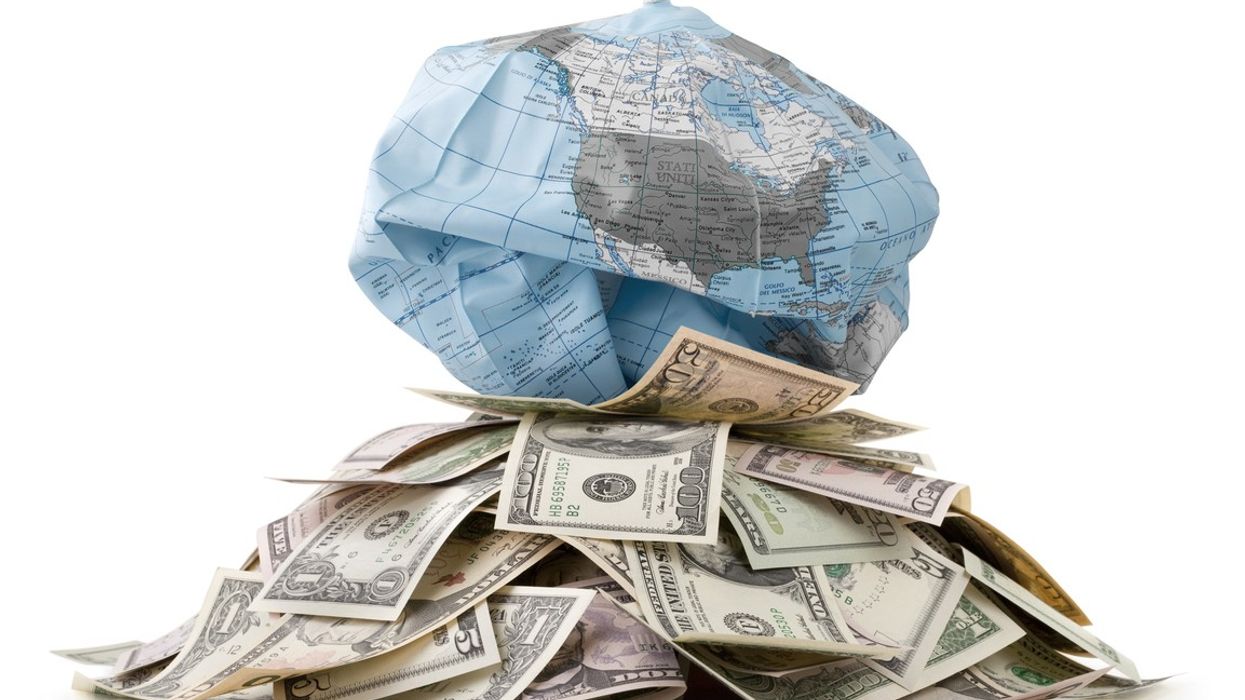


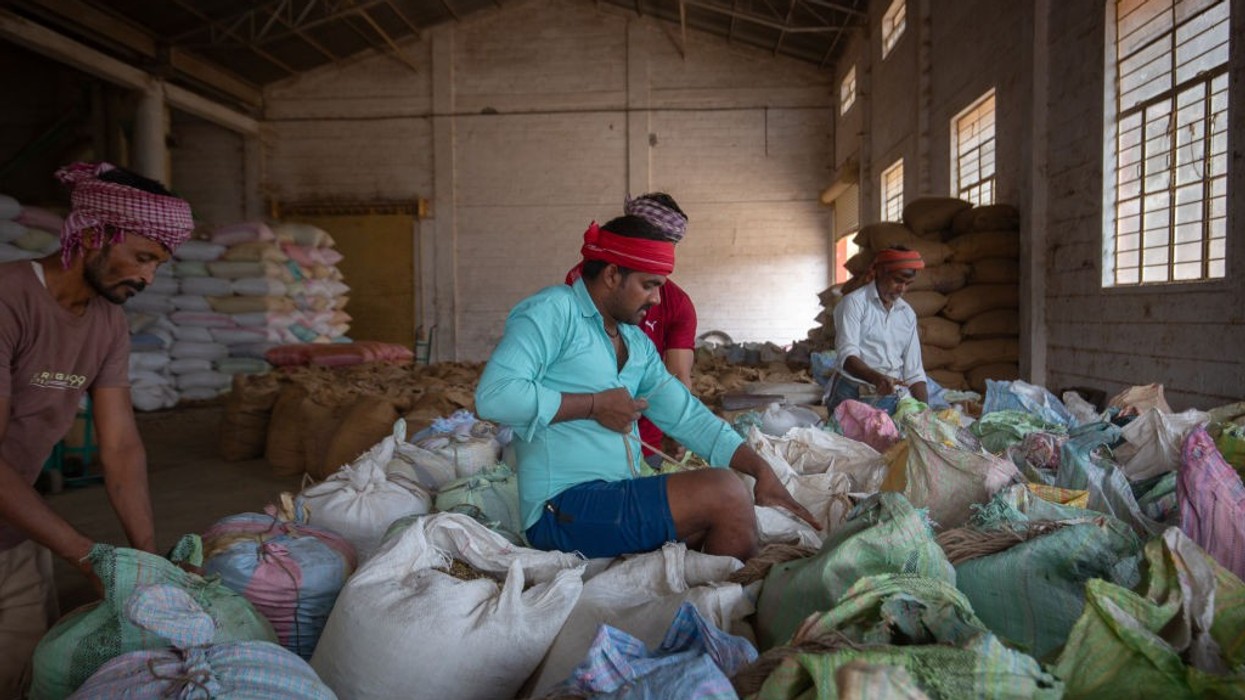

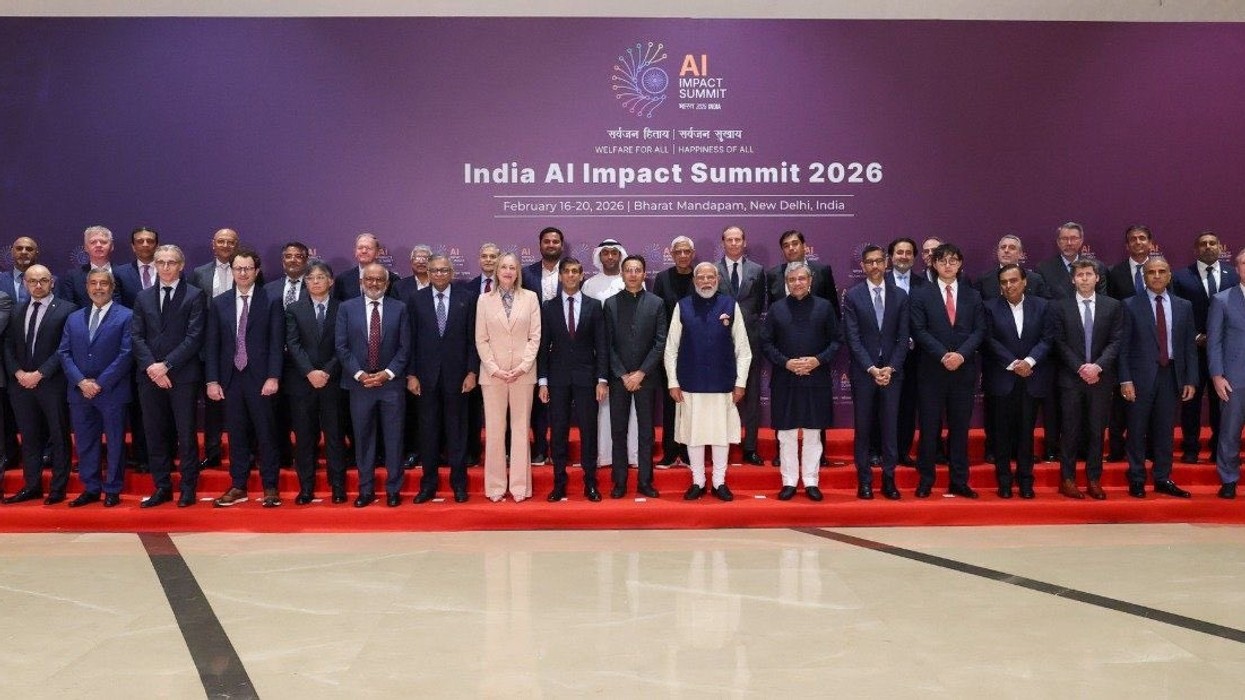
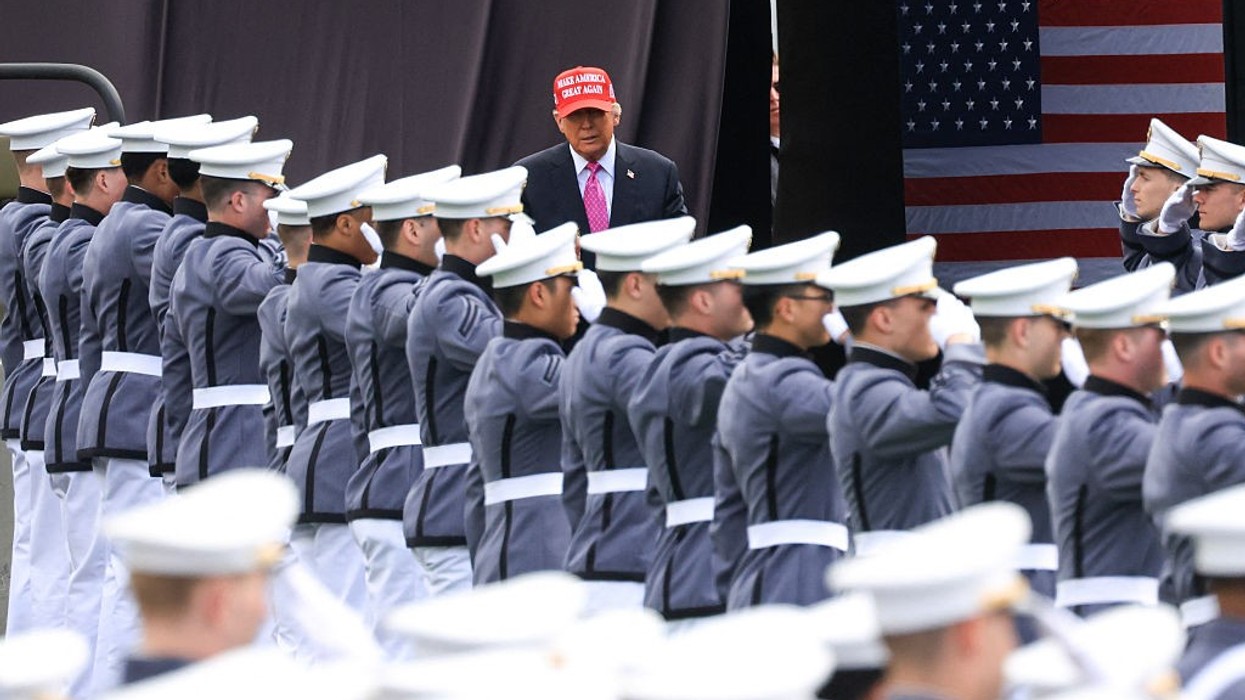




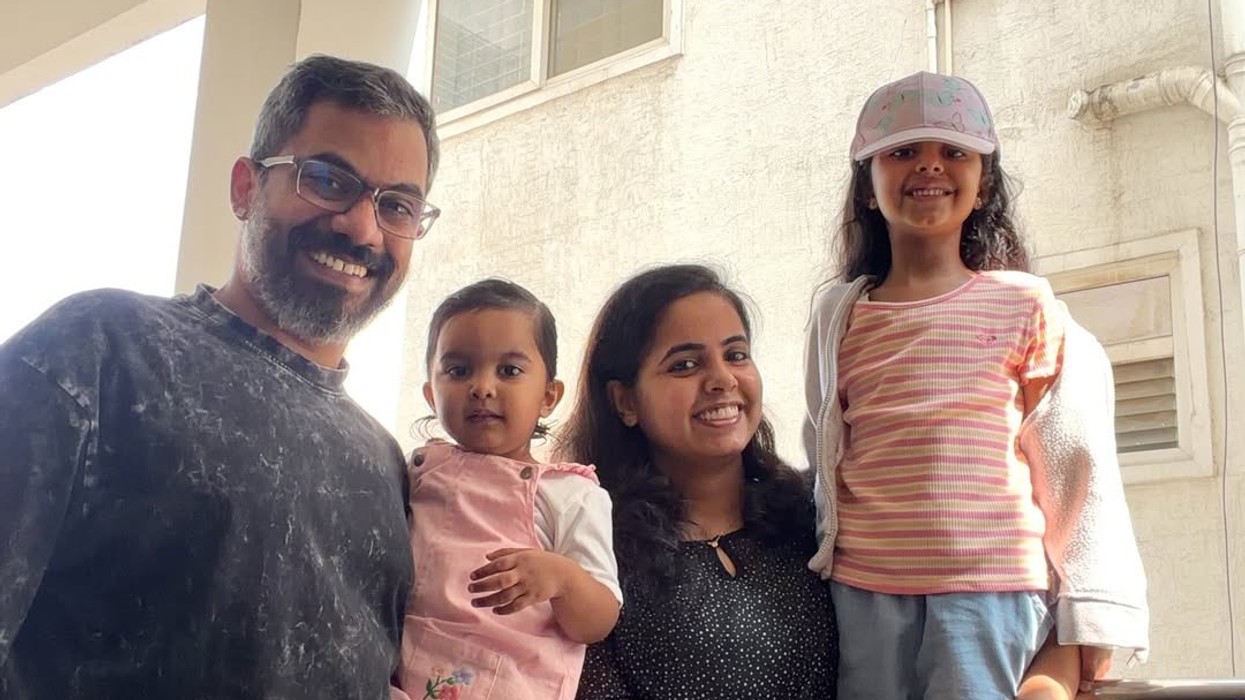


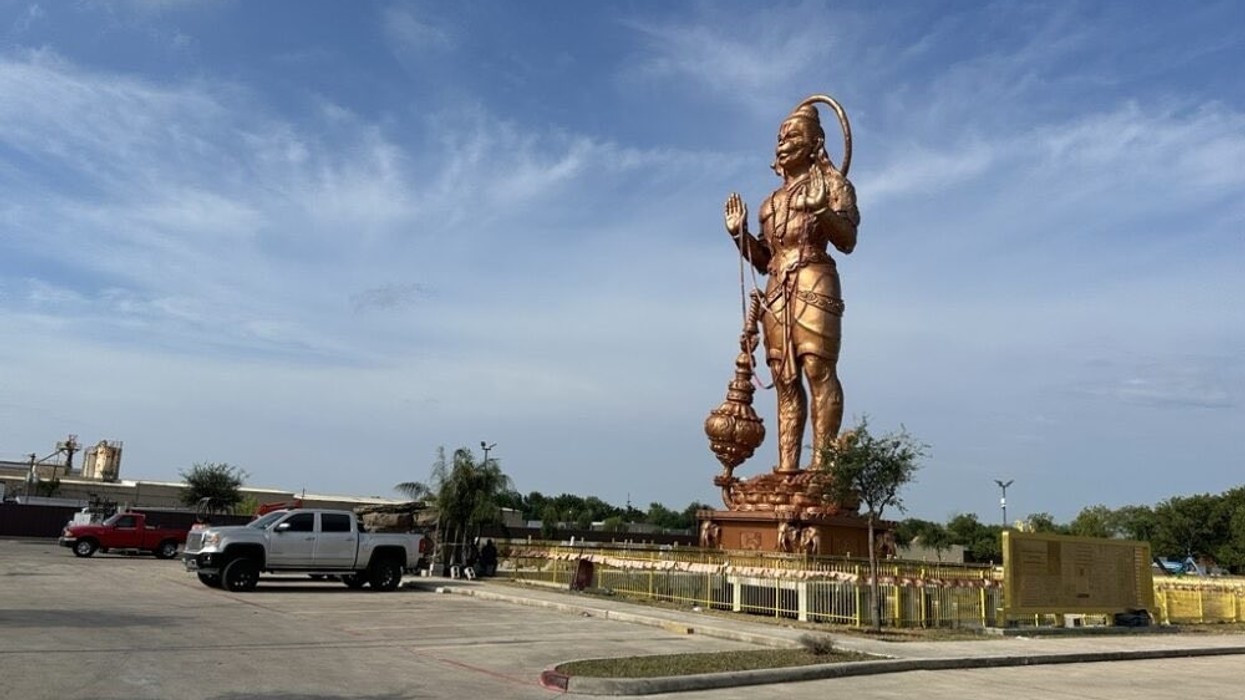
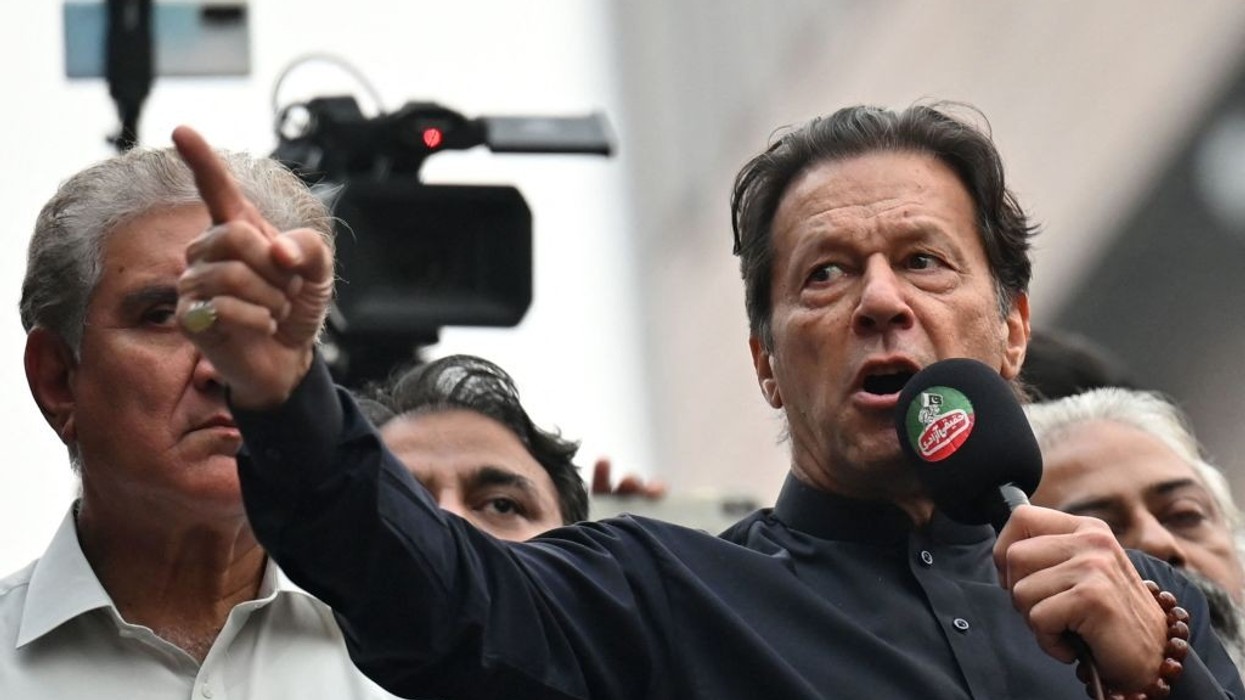
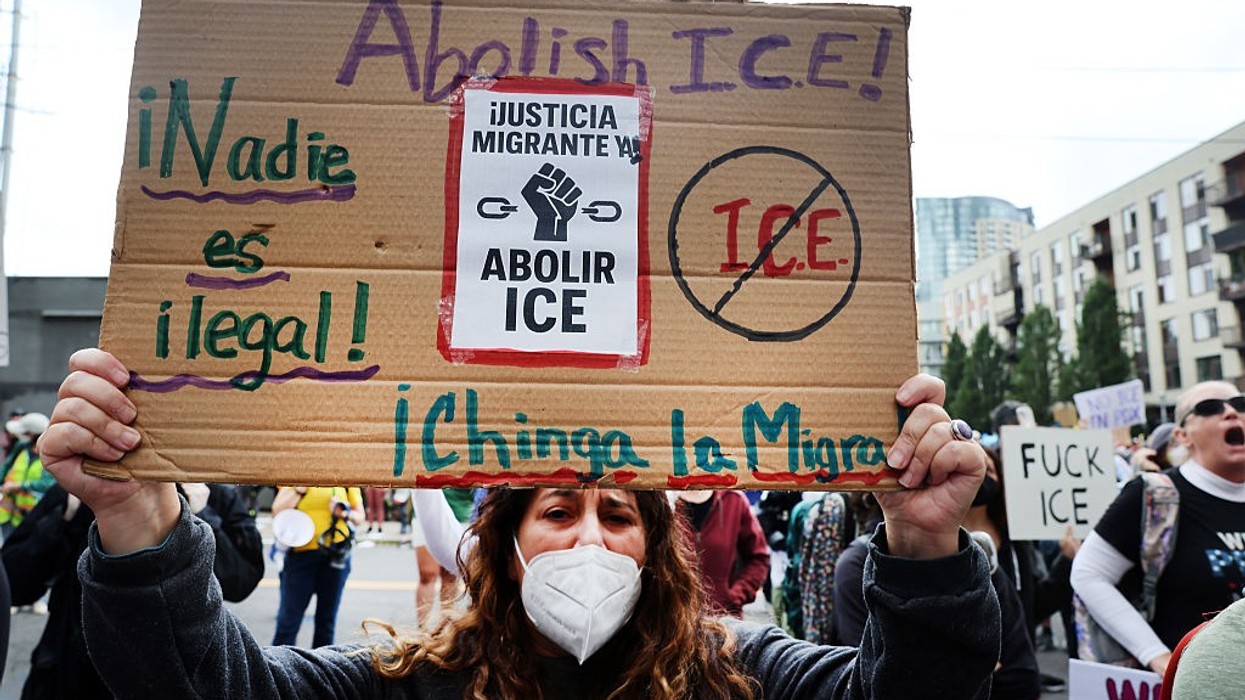
 Getty Images
Getty Images